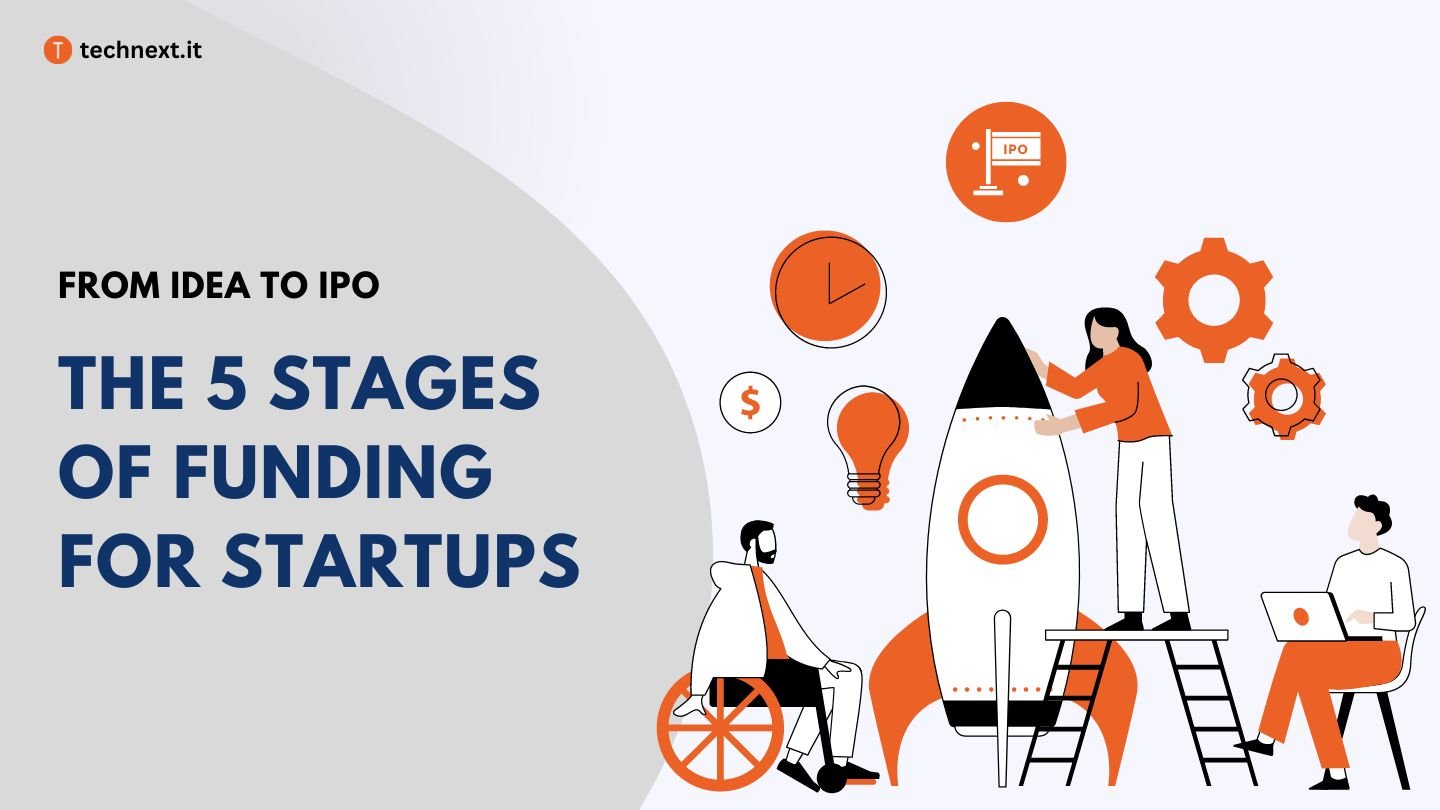Building a startup is one of the most exciting and challenging ventures in today’s business world. For many founders, the ultimate milestone is going public through an Initial Public Offering (IPO). The journey from a simple idea to ringing the bell on a stock exchange is filled with lessons in innovation, strategy, and resilience. Over the next five years, this path is expected to become even more structured as investors demand sustainable growth, governance, and transparency. At OneTech1.com, we explore what it takes for startups to turn ideas into IPO success.
The Startup Dream: Turning Ideas Into Reality
Every IPO story begins with an idea—something that solves a problem, simplifies life, or creates value in new ways. In 2025 and beyond, startups are increasingly born in technology-driven sectors such as artificial intelligence, fintech, green energy, and health tech. Founders are focusing not just on building products but also on creating scalable business models from the start.
Modern investors and accelerators emphasize clarity of vision and execution. Early-stage startups that clearly define their target market, develop minimum viable products (MVPs), and show measurable traction gain stronger backing. The foundation for IPO success is often laid in the first two years of a startup’s journey.
Funding the Journey
Capital is the fuel that powers a startup’s growth. From seed funding and angel investors to venture capital and growth-stage rounds, each stage brings different expectations. By 2025, investors are less inclined to fund unsustainable “growth at all costs” models. Instead, they demand realistic paths to profitability.
Key funding milestones include:
- Seed & Angel Funding – To test ideas and build MVPs.
- Series A & B – To prove scalability and capture market share.
- Series C & Beyond – To prepare for expansion, acquisitions, or entry into new markets.
Smart founders use each funding stage to not just raise money, but also to bring strategic partners, experienced board members, and operational discipline into the company.
Building IPO Readiness
Going public is not simply about raising money—it’s about proving that a company is mature enough to handle the scrutiny of public investors. The preparation often begins years before the IPO filing.
1. Financial Discipline
Startups must demonstrate consistent revenue growth, strong unit economics, and a clear path to profitability. The market now rewards companies that balance growth with sustainability.
2. Governance and Transparency
An IPO requires a strong board of directors, independent auditors, and compliance with regulatory standards. Transparent reporting builds credibility with future shareholders.
3. Market Positioning
Investors are drawn to startups with clear competitive advantages. Whether it’s technology innovation, customer loyalty, or global scalability, positioning matters as much as financials.
4. Timing the Market
Choosing the right time to go public is critical. Favorable economic conditions, investor sentiment, and industry momentum all influence IPO success.
Technology Startups Leading the Way
The startups most likely to succeed at IPO in the coming years are those that embrace emerging technologies. Artificial intelligence companies providing real-world applications in healthcare, logistics, and education are attracting serious attention. Fintech startups are reshaping the way we pay, save, and invest. Green tech firms are riding the wave of sustainability demands, while biotech startups are leveraging genomics and health data to revolutionize treatments.
These sectors not only attract investors but also align with global trends that promise long-term growth.
The IPO Roadmap
The process of going public typically follows a structured roadmap:
- Pre-IPO Preparation
- Strengthen financial reporting systems
- Build a strong executive team and advisory board
- Conduct internal audits and risk assessments
- Strengthen financial reporting systems
- Engaging Underwriters
Investment banks play a crucial role in determining valuation, structuring the IPO, and marketing it to investors. - Regulatory Filings
Startups must prepare detailed prospectuses and financial disclosures for regulators and potential investors. - Roadshows and Marketing
Executives meet with institutional investors to present the company’s vision and financial health. In recent years, virtual roadshows have become common, increasing global reach. - The IPO Launch
On listing day, the company’s stock begins trading on the exchange, marking the transition from private to public. - Post-IPO Discipline
The real challenge begins after the IPO. Startups must meet quarterly expectations, balance shareholder demands, and continue innovating to maintain momentum.
Common Pitfalls to Avoid
Not every startup that dreams of an IPO succeeds. The most common mistakes include:
- Overvalued Listings – Pricing shares too high often leads to post-IPO declines.
- Weak Governance – Lack of oversight can damage credibility.
- Unsustainable Growth – Heavy losses with no clear path to profitability are red flags for public investors.
- Ignoring Market Sentiment – Launching during economic downturns or volatile markets can backfire.
Startups that avoid these pitfalls are more likely to build lasting success in the public markets.
The Future of IPOs
The IPO market of the next five years will look different from the past. Investors are shifting focus from hype-driven valuations to evidence of real value creation. Sustainability, ethical governance, and digital engagement with investors will all play bigger roles.
We will also see an increase in international listings, with startups exploring dual listings on multiple stock exchanges to tap global investors. Meanwhile, sectors like AI infrastructure, fintech, biotech, and green energy are set to dominate IPO activity.
Final Thoughts
The journey from startup idea to IPO success is not an overnight transformation—it’s a marathon of innovation, discipline, and adaptability. Startups that embrace financial responsibility, build strong governance, and position themselves in high-growth industries will have the best chance of thriving in public markets.
At OneTech1.com, we believe the next wave of IPOs will be defined not by hype but by resilience, transparency, and long-term impact. For founders and investors alike, the next five years will open opportunities to shape the future of business on a global scale.

